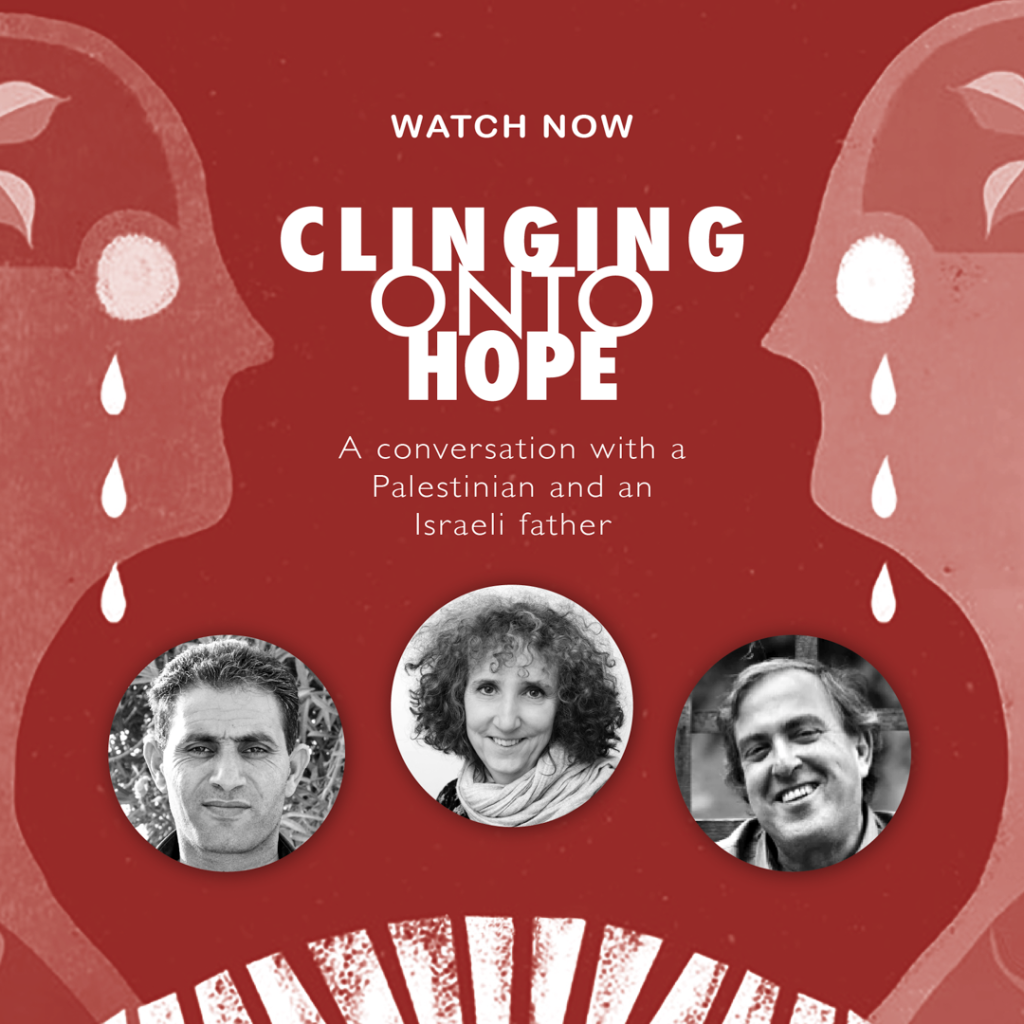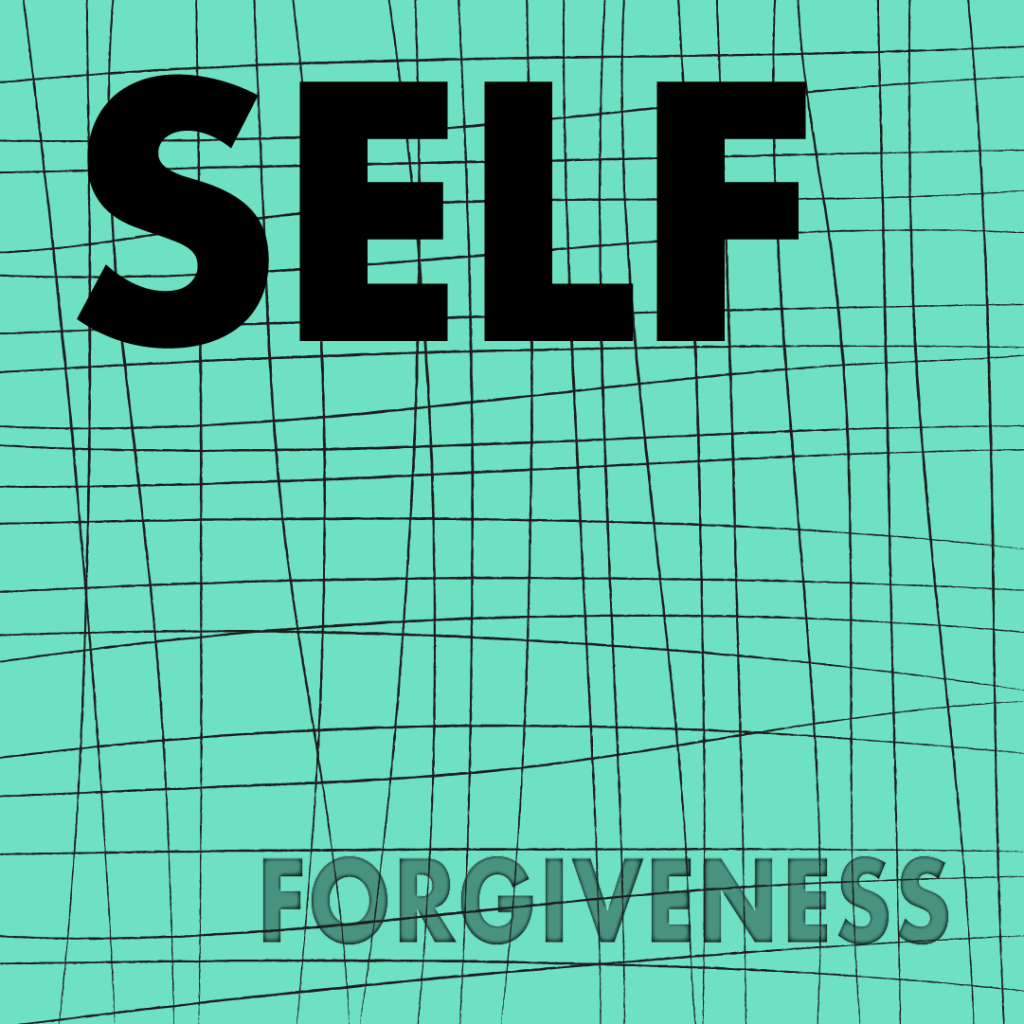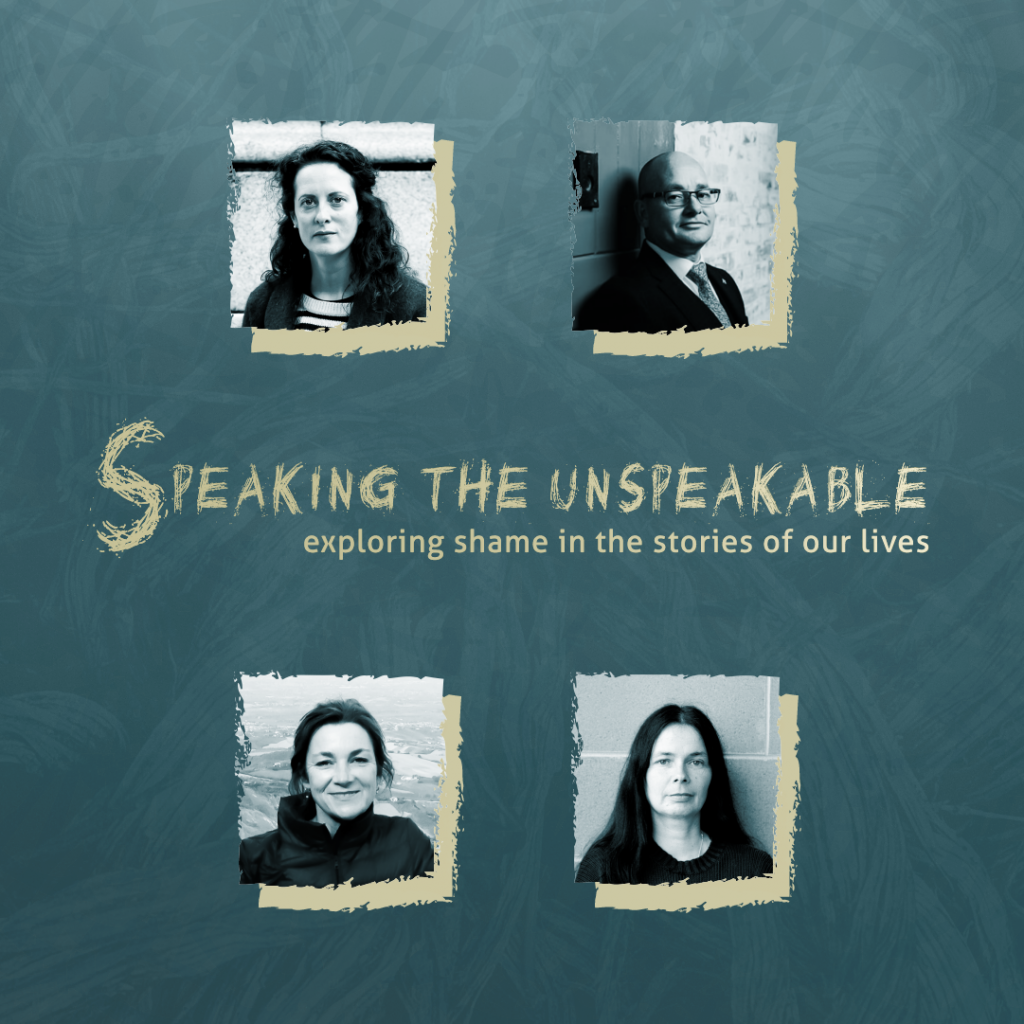Watch videos on forgiveness
Watch our storytellers share their experiences with forgiveness, along with past annual lectures and panel discussions featuring academics, thought leaders, and creatives. Click the buttons below to explore each category.
Clinging onto hope
How can we harness hope and hold onto humanity as the Israel-Palestine conflict intensifies global divisions?
In this recording The Forgiveness Project’s founder, Marina Cantacuzino, talks to Bassam Aramin, a Palestinian and Rami Elhanan, an Israeli, whose lives were brought together by grief.
Stories of forgiveness with British Sign Language
Kemal Pervanic’s story
Kemal Pervanic is a survivor of the notorious Omarska concentration camp, which was set up by Bosnian Serb forces in the early days of the Bosnian War. The camp, nominally an ‘investigation centre’, was uncovered by British journalists in 1992, leading to international outrage and condemnation.
Gill Hicks’s story
On 7th July 2005, 52 people died and many were severely injured and maimed, by suicide bombers attacking London’s transport system. On a Piccadilly line underground train between Kings Cross and Russell Square stations, Australian-born Gill Hicks miraculously survived but lost both her legs due to the explosion.
Barry Mizen’s story
16-year-old Jimmy Mizen was murdered in May 2008 when he and his older brother went into a bakery near their home in Lee, South East London. Jimmy’s parents, Barry and Margaret Mizen, hit national headlines when immediately after the attack they spoke of compassion rather than revenge. In March 2009 Jake received a life sentence for murder.
Mary Blewitt’s story
In 1994, in just one hundred days, a million people were killed in Rwanda as the world stood by and did nothing. Mary Kayitesi Blewitt, a Rwandan, had left the country some years prior to the genocide. On hearing of the killings, she tried to return home, but all the borders were closed. When the killing was finally over, she journeyed straight to her home village to discover that more than 50 of her family had been slaughtered.
Prison Chronicles
This series of six live conversations delves deep into the work of RESTORE, The Forgiveness Project’s award-winning prison programme.
In conversation with the storytellers as well as a participant and former officer, these enquiries, like the work of RESTORE, explore our shared humanity and ask us to imagine – if we had lived each other’s lives, would we have done things any differently?
Annual lectures
Power and Persuasion: the urgent need for restorative narratives in unforgiving times
At our 9th Annual Lecture our founder Marina Cantacuzino explored the intersection between turbulence and forgiveness. Marina was joined on stage by Jacob Dunne and Joan Scourfield who shared their personal experience of restorative justice, and explored how dialogue could be a powerful force in ending cycles of violence.
The evening was chaired by award winning documentary filmmaker and Professor at the University of the Arts in London, Pratāp Rughani
Video by Anthony Tynan-Kelly
The Politics of Forgiveness
At our 7th Annual Lecture writer and broadcaster, Richard Holloway offered a wide-ranging interpretation of the complexity of the human condition and the fundamental importance of forgiveness to the sustaining of its social and political institutions.
The lecture was chaired by Shadow Attorney General and member of the House of Lords, Shami Chakrabarti.
Forgiveness and Compassion: Is there a difference?
Our 5th Annual Lecture was given by Karen Armstrong, who lent her perspectives on religion to the topic, ‘Forgiveness and Compassion: Is there a difference?’.
The lecture was chaired by journalist, broadcaster and author Sarfraz Manzoor, who carefully brought together Karen’s lecture with the perspectives of our other two speakers – Yasmin Yar Mulbocus and Bjørn Magnus Jacobsen Ihler.
Zero Degrees of Empathy: Exploring explanations of human cruelty and kindness
Simon Baron-Cohen, Professor of Developmental Psychopathology at the University of Cambridge delivered the keynote speech at our 4th Annual Lecture.
This was followed by a panel discussion with Mary Foley, Peter Woolf and Marina Cantacuzino, chaired by Simon Fanshawe.
The Line Dividing Good and Evil
Dr Gwen Adshead, forensic psychiatrist at Broadmoor High Security Hospital, delivered our 3rd Annual Lecture, supported on stage by three contributors who shared some of their own personal narratives.
These were: Marian Partington whose sister was murdered by Fred and Rosemary West; Erwin James, the Guardian columnist and former prisoner who has served a life sentence for murder; and Kemal Pervanic, survivor of the notorious Omarska concentration camp in Bosnia.
Is Violence Ever Justified?
On 12th May 2010 more than 800 people piled into St John’s Smith Square, London, to hear Archbishop Desmond Tutu, founding patron of The Forgiveness Project, deliver our inaugural Annual Lecture.
Archbishop Tutu was joined on stage by Mary Blewitt who lost 50 members of her family in the Rwandan genocide; Jo Berry whose father was killed in the 1984 Brighton bombing; and Patrick Magee, the former IRA activist who planted the bomb. The event was chaired by BBC broadcaster Edward Stourton.
Conversations on forgiveness
Can forgiveness repair communities?
Can radical compassion win the war against violent extremism? – Part 1
Can radical compassion win the war against violent extremism? – Part 2
Can radical compassion win the war against violent extremism? – Part 3
Do you need God to forgive?
How do we deal with unresolved pain and trauma?
Can revenge work?
What’s the point of punishment if society won’t forgive?
Can you move on without forgiveness?
Does knowing a person’s story make it harder to hate them?
How can words help heal pain?
Should you forgive the unforgivable?
Conversations on shame
We are excited to present to you Speaking the Unspeakable, a series of online conversations exploring shame and the profound impact it has on how we understand ourselves and our lives.
In these unique recordings, four of our storytellers share how shame can disconnect and silence us – and also reveal the insights they have gained as they have grappled with this.
Stories of forgiveness
Desmond Tutu
Archbishop Desmond Tutu, founding patron of The Forgiveness Project, was the chairman of South Africa’s Truth and Reconciliation Commission (TRC). The TRC was created by Nelson Mandela’s Government of National Unity in 1995 to help South Africans come to terms with their troubled past. Read story
Debbie McLealand
On 16th September 2001, eight members of an American student cross-country team were killed when a one-tonne truck driven by fellow student Clint Haskins ploughed into their vehicle. It was the worst loss-of-life traffic accident in the history of the State of Wyoming. Among the dead was 21-year-old Morgan McLeland. Read story
Shad Ali
Shad Ali was a British Pakistani who lived and worked in Nottingham all his life. In July 2008 he was attacked when he came to the rescue of two Pakistani women who were being racially abused by a passing pedestrian. Six years later Shad met his attacker at a face-to-face restorative justice meeting. Read story
Norman Kember
In November 2005, Norman Kember (then aged 74) travelled to Iraq with the international peace organisation, Christian Peacemaker Teams. Within days he had been taken hostage along with three other members of the group. Read story
Mary Johnson and Oshea Israel
On 12th February 1993 Mary Johnson’s only son, 20-year-old Laramiun Byrd, was murdered. The perpetrator was 16-year-old Oshea Israel who received a 25 year sentence for second degree murder. Many years later Mary visited Oshea in prison and since his release in 2010 they have lived as neighbours in the Northside community of Minneapolis. Read story
Bud Welch
In April 1995, Bud Welch’s 23-year-old daughter, Julie Marie, was killed in the bombing of the Murrah Federal Building in Oklahoma City. In the months after her death, Bud changed from supporting the death penalty for Timothy McVeigh and Terry Nichols to taking a public stand against it. In 2001 Timothy McVeigh was executed for his part in the bombing. Read story



